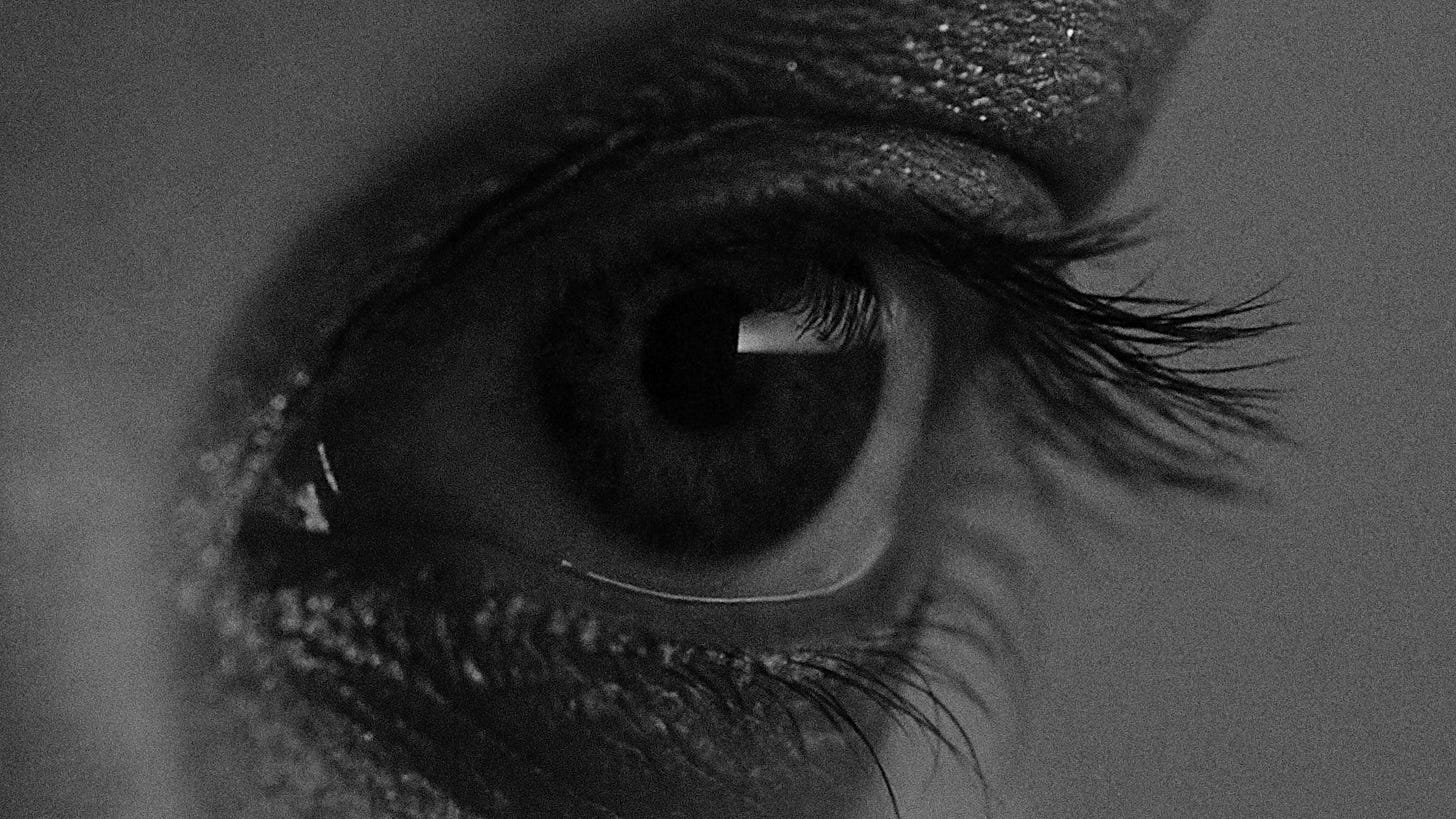3_TRENDS_Vol.26: Julia Dixon: Peak Sludge, Neo-Luddites + Gen Alpha Trap
Vol.26
3_TRENDS is an interview series with the world's leading cultural researchers and thinkers, sharing their favorite overlooked trends.
Julia Dixon (DJ) is a Senior Cultural Strategist and leads the Cultural Insider Community at Weber Shandwick. Through content creation and cultural advisories, Julia helps marketers decode the impact of cultural signals.
MK: Julia, what’s on your mind?
Peak Sludge
JD: Last October at a Dallas concert, the 1975’s Matty Healy gave a 10-minute speech in front of the venue’s monitors as they played satisfying slime videos and clips of the video game Subway Surfer.
The stunt was a nod to Gen Z’s inability to pay attention to a single stimuli for more than a literal second. This reality has spawned noteworthy online behaviors like watching movies in multiple parts on TikTok, consuming up to four feeds at once via YouTube multiview, and the popularity of sludge content.
“Sludge” videos are characterized by the simultaneous playing of multiple clips at once — Family Guy, ASMR slime, and Subway Surfer are some of the most common.
MK: It’s worth calling out the utility of this sludge. The purpose is to offer a more pleasing, dopamine-heavy augmentation to the original content. It’s a sugarcoat to make the “bland” go down.
But what happens when the figure and ground reverse and the sludge becomes the new focus?
“Sludge” isn’t new itself, but its sustainability makes it worthy of continued investigation.
JD: While the sludge has been positively received by some (TikTok commenters claimed the background sludge actually helped in Matty Healy’s “long” speech), others are exhausted.
Does the staying power of sludge indicate that the attention economy is reaching its tipping point?
MK: It may be unfair to make this a “Gen Z” attribute.
As I literally write this on a flight, I’m seated next to a Gen X’er swiping through TikToks of out of context Family Guy scenes, The Office outtakes, and Impractical Jokers clips framed above a mobile racing game. Someone’s dad is rolling in sludge.
I wish I was joking...
Over the span of this flight, this gentleman has since gone on to watch the first 15 mins of two films, before landing on The Joker, which he then skipped through using the 15s fast-forward button during every dialogue scene.
Our brains are fried.
And while it’s easy to externalize a lot of blame for this condition, we simply have to accept that we’re making goldfish look like meditative Tibetan monks.
One hypothesis is yes, our attention is decreasing with prolonged exposure to digital stimuli, and we require even more intense stimuli to keep us engaged.
Another is perhaps that while there is much more content available, that doesn’t necessarily mean good content. An onslaught of crap quality content may just require supplemental means to keep viewers engaged.
A third, and my favorite, is that our role within content has dramatically evolved. We’ve moved beyond linear narratives.
We crave participation.
And when we’re denied participation, we itch.
Sludge helps us cope.
We have no issues with attention as long as we’re producing the content. Everybody and their mother is a creator, we’re cosplaying Sherlock Holmes in the comments, and the medium of our moment is video games.
For as long as we have an active role in our entertainment, there are no issues with attention.
The magic of Family Guy isn’t the “cutaway scene,” but the referential nature of them. They draw upon cultural events and figures, inviting the viewer to connect the dots themselves. Its this engagement that rewards the viewer. It’s participatory.
Yeah, sludge is icky and our attention is fried, but there’s a larger, unspoken story here: This is a signal about our new role within our media.
Neo-Luddites
JD: “Did an AI create this?”
This might not sound like an insult, but it’s become one in some spaces that consider AI-generated content to be unsettling, unoriginal or just plain unimpressive.
While the rapid advancement of the technology promises that quality will improve, many are rooting against it. In fact, some feel so strongly they’re joining official groups in opposition to emerging tech.
The rise of Neo-Luddism — the latest iteration of people who resist modern technology — isn’t surprising given that as many as 40% of adults believe AI will do more harm than good. The movement is manifesting in interesting ways.
Films like Jung_E resonate with those imagining potentially horrifying implications of AI. Apps like Lapse are striking a chord for those nostalgic for an internet without algorithms. And even makeup trends like the uncanny valley challenge help people cope with the uneasiness of emerging tech.
Despite the pushback, advancements aren’t going away, with as much as 90% of online content predicted to be synthetically generated by 2026.
MK: Change is a threat. And we’re threatened.
It’s important to make the distinction between true Neo-Luddism and my coffee table stacked with friends’ printed writing projects. I wouldn’t call the latter Neo-Luddism. After all, no one is making their analog works without technology.
In many “Neo-Luddite” cases, we’re not truly pushing against technology as much as we are peacocking that we want to exist without it... yet by using it.
This is no different than the nauseating, “So long, I’m deleting my social media” post. Yup. See you back here next month.
And here lays the insight:
Whereas traditional Luddites were concerned with the economic implications of technology and opposed all of it, today’s Neo-Luddism distinguishes itself by only opposing tech deemed “destructive or otherwise detrimental to society.”
First: This reveals there is no escaping the pervasiveness of digital tech today.
Second: “Detrimental” is wholly subjective, making this is an ethical and therefore subjective and debatable concept.
And third: Therefore, Neo-Luddism can now be seen as more of a social signal and peacock than a marker of grave social concern in that picking a fight with media or tech is like picking a fight with air. The fights you pick reveal your character.
Gen Alpha Trap
JD: “Skibidi” videos were viewed more than 65B times in 2023 on YouTube alone. If you’re familiar with this absurd toilet-dwelling character, you’re likely a parent of a Gen Alpha – kids born after 2010 — or just very online.
As the oldest members of this cohort approach their teenage years, their presence is slowly and finally being felt. Skibidi memes are just one example of online phenomena that’s making even Gen Z feel like they’re no longer in the know.
While brands still attempt (and often fail) to keep up with a younger generation’s interests and humor, Gen Alpha has already started influencing culture and language, which requires even deeper meme literacy and intense nuance to grasp. The rising generation has popularized new slang like rizz, sigma and preppy (which has a new meaning), while making previously trendy terms obsolete.
But the cultural shift is deeper than just slang or memes. Gen Alpha is already re-imagining relationships with education, media, finance, wellness and beyond.
MK: After watching the Millennial and Gen Z specific ad agencies, reports and broad-stroke claims rise and sunset, this will now be my third generation hype cycle.
As Alpha now rises, there are two things I remain mindful of:
First, we have to distinguish what are unique generational attributes — truly differentiated characteristic defining this cohort — and what are features representing all humans at this age? (No shit today’s teenagers are “fluid” as they mold their identity. That’s what teenagers of all generations do.)
Puberty is puberty no matter who goes through it.
Second, generational labels are no different than the flaws of today’s algorithms. We attempt to segment and predict in order to overlook messy, contradictory noise. Before we start again with labels around Alpha, maybe this time we remember we must first attempt to empathize with children, and not target swarths of emerging buyers. The former, coincidently, always leads to resonance.
Oh and lastly, as for Skibidi; of course a meme that doesn’t make sense represents a generation who’s growing up in a world which doesn’t make sense. How fitting and somehow unsurprising.






